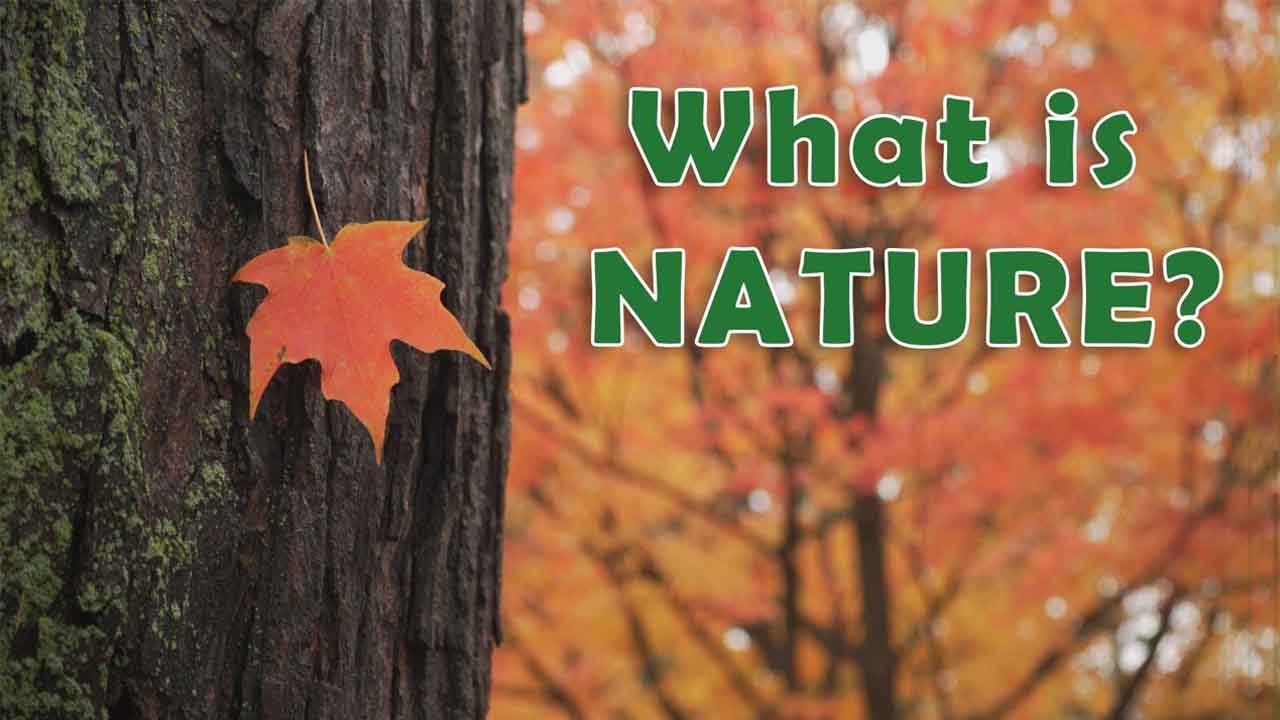What Is Nature?
What Is Nature?

For some time, many people have asked themselves: “What is nature?” A popular answer would be the answer of the scientists. They state that everything that exists is nothing but a reflection of the laws of nature. This statement of scientists is correct, but does it really mean something for us? Let’s take a look at how science defines the nature and the significance of it.
The name of the unit is deliberately vague. From one point of view, the claiming strong emphasis on natural laws in “nature things” is one which rings true among many environmental activists. What matters in conservation efforts is that what can broadly be considered as natural laws is what really matters. When conservation efforts involve preservation of natural resources like forests and ecosystems, conservationists use scientific methods like surveys and ecological studies to determine what resources are essential to sustain life and preserve nature.
Another definition of nature has to do with the relationship of human beings to the environment. Some people view nature as what we see in nature. Others view nature as the interaction of humans and other forms of life which affect or influence its existence.
However, a common definition would include all three definitions as essential components. The third definition includes natural resources that have been exploited for economic gain. Natural resources include land and water. Other natural resources would include the environment in general, including the air, ground and space.
The fourth definition of nature focuses more on human relations with the environment than natural resources. The human being is part of nature. The fact that human beings exist has given them an important role in maintaining nature. They also make some contribution towards the maintenance of its balance.
The fifth definition of nature is human relationships to the environment. The human being is part of nature, but humans also affect the environment by using it. Humans also have a role to play in maintaining the environment through their activities, thoughts, and behaviors. These include but are not limited to farming, fishing, recycling, and manufacturing.
The sixth definition of nature focuses on human interaction with the environment through human relationships. Human relationships are important because these are the ways in which we interact with the environment, including our relations to the physical world and other people, animals, plants and resources.
So, what is nature? It is a very complicated question that deserves a lot of attention. But the important thing is that we should keep it simple and that is to get started asking the question. The more we ask the question, the more clear we will be as to the meaning of what we have.
A good place to start is to look at the three most commonly asked questions about nature and ask yourself what they mean. The first one is “What is nature?” – What is what nature to you?
The second question is “What does nature mean to me?” – what makes you happy and what would you rather change for the better? the third is “What makes the world a better place?”
Human beings need to understand that nature is what is to them in relation to their needs, desires, wants, expectations, and dreams. These questions can only be answered when we find out what the meaning of what is nature is for us. and how to use it to best meet our needs and wants.
When you are able to answer these questions, you will be well on your way to understanding the meaning of what is nature and how to live in harmony with nature. I hope you will please consider this.

